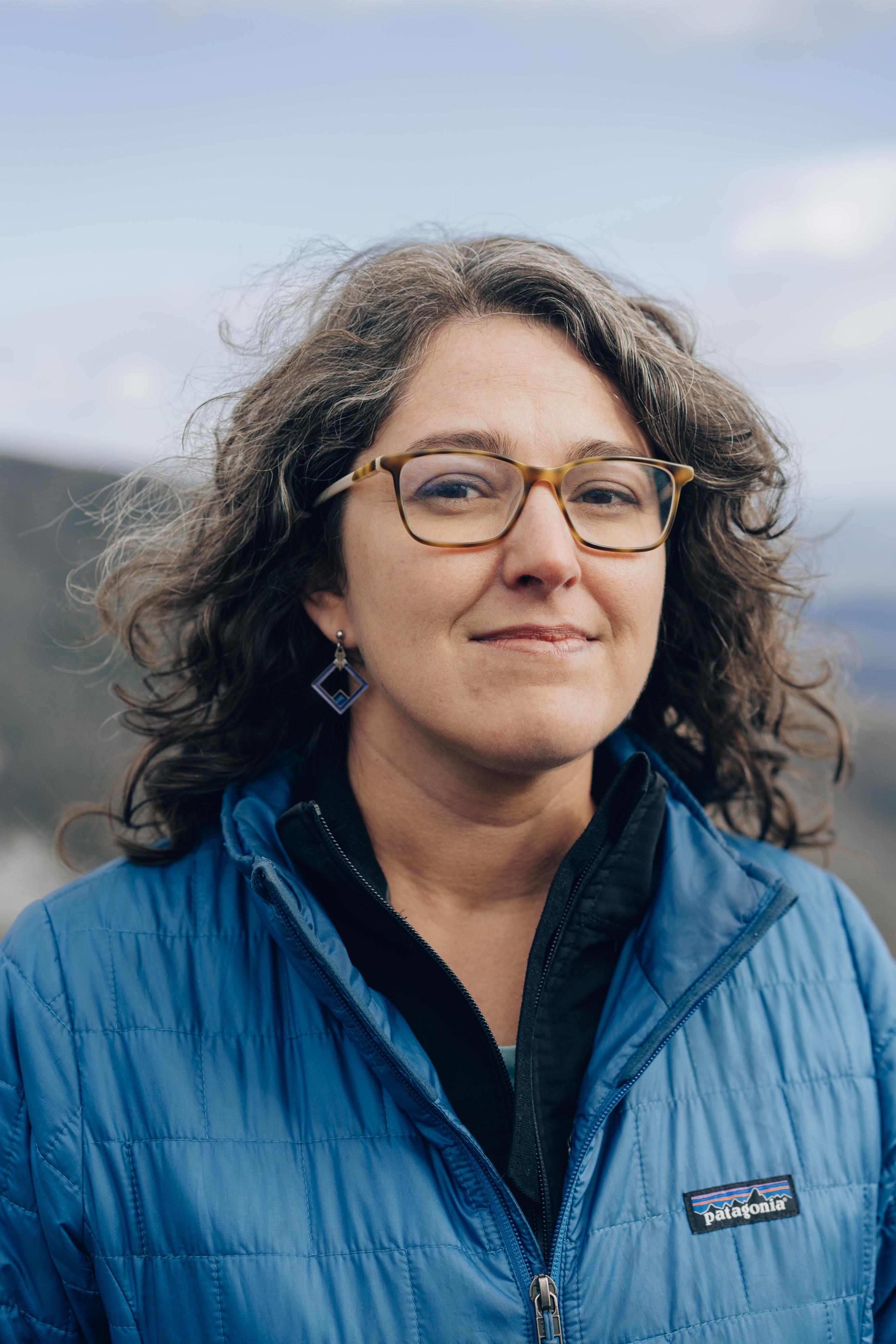
Sparking Change
Nikole Simmons co-founded a program dedicated to bringing more women into wildland fire management—where almost nine of 10 workers are male.
Spring 2023
“Some of the greatest moments of my career have been watching fire move around the landscape, mimicking the way it would have moved around historically,” says Nikole Simmons, a restoration coordinator for The Nature Conservancy in Virginia and an expert at planning and managing prescribed fires. A native Virginian with a photography degree, Simmons runs fire engines and leads burn crews. She’s handy with a drip torch and ax, can drop incendiary devices from helicopters, and reads wind and weather conditions as cleansing flames crackle through forests that evolved with fire. She’s also one of relatively few women with these skills: In the United States, 84% of the federal wildland fire workforce is male.
Simmons is helping shift that imbalance. In 2015, she attended a national fire workshop called a Prescribed Fire Training Exchange (TREX for short) in North Carolina. These training sessions help fire practitioners at all career levels (from first-timers to burn bosses) learn, share and sharpen their skills. By chance, a handful of women attended the same two-week workshop. “I hadn’t had that experience before,” Simmons says. She was accustomed to being the only woman on a crew. During downtime, the group would chat, discussing the difficulties of being a woman working in fire—everything from not being taken seriously to the ill-fitting gear designed for men. Those talks sparked a revelation: There were other women out there facing the same challenges. What if, Simmons and the others mused, there was an event to bring women working in fire together, to have a similar shared experience?
Quote
It blows me away to watch how quickly these women build trust and form a team.
She and one of the other women from the workshop, Monique “Mo” Hein, a firefighter in Colorado, organized a call with TREX leaders. Lenya Quinn-Davidson, now head of the program born of that call, volunteered to repurpose a TREX event she was already planning for 2016 in northern California to bring together 45 people, most of them women. “There was pure shock when everyone arrived,” says Quinn-Davidson of that first Women in Fire TREX. “People said, ‘I have never been in a room with this many other women who work in fire.’ We had powerful conversations, and shared emotional moments. We knew we had to do more.”
Since then, there has been one WTREX event in a different location most years (in 2020, it was virtual). The two-week events are designed for women but open to anyone, giving practical training on prescribed fire that equips attendees with the experience they need to move up in the workforce, as well as offering diversity and inclusion workshops. The intangible benefits are equally valuable. “There’s so much laughter,” Simmons says. “It blows me away to watch how quickly these women build trust and form a team.” They leave with a support system, both professional and personal. They leave having seen and met women in leadership positions in the field.
And WTREX is just getting started. Simmons helped host one at TNC’s Piney Grove Preserve in Virginia last spring, and thanks to a funding boost, there will be four events in TNC’s fiscal year. Quinn-Davidson partnered with the Karuk Tribe to host one geared toward Indigenous women in California in the fall; North Carolina scheduled one for early 2023; and next, the program is going global, with events in Cape Town, South Africa, and Banff, Canada.
The overarching goal of WTREX is to go beyond recruiting women to work in fire; it’s to keep them working in fire. “We don’t want people working a season or two and then feeling pushed out,” Quinn-Davidson says. “We want them to stay in the field, bringing diversity of thought, and to change the system, change the paradigm, change the way that fire is managed.” Just like Simmons is doing.